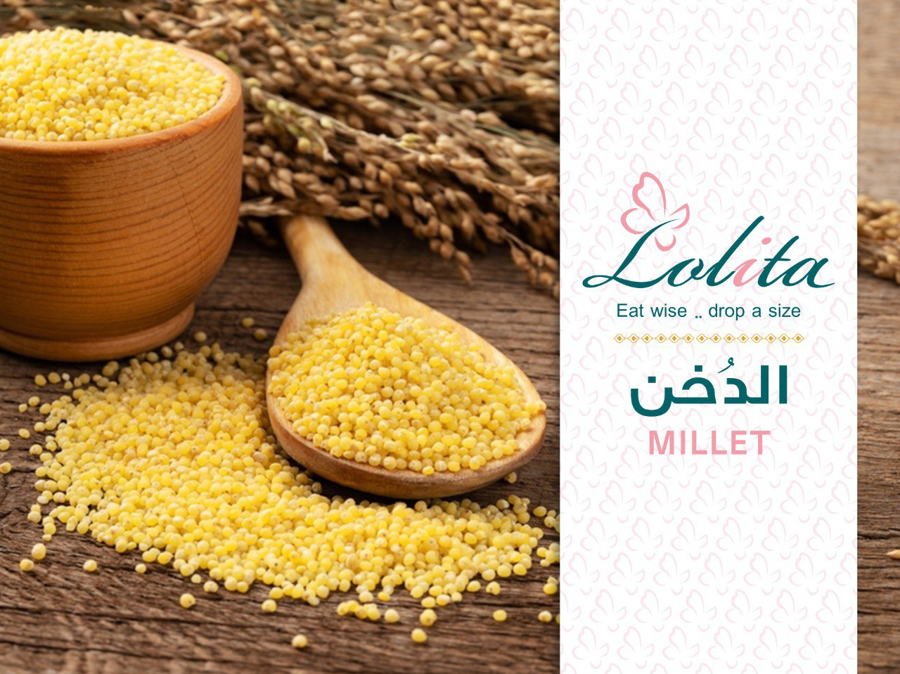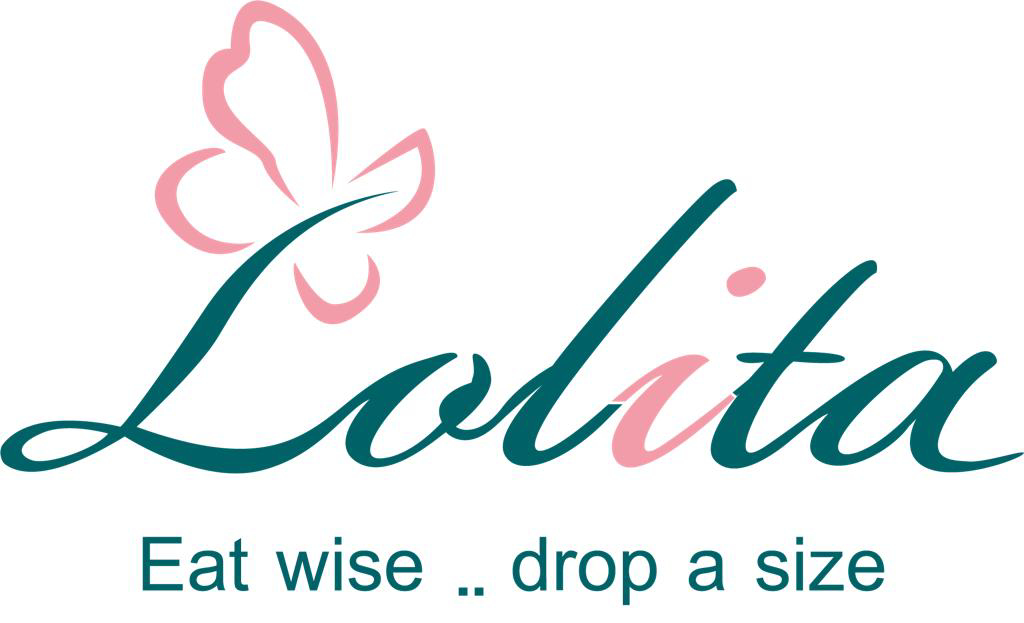
◆ Millet – is a plant that grows in the from of spikes and wheat-like clusters, They are very small in size.
◆ Millet is used as a replacement to rice, wheat, and corn.
◆ Millet grains are high in fiber, antioxidants, proteins, and amino acids.
◆ They also contain minerals such iron, magnesium, phosphorus, and Potassium.
◆ However, millet is a diuretic, and eating it helps blood circulation, which is effective in treating peptic ulcers, and millet contains calcium which is important for the prevention of osteoporosis, so eating a lot of millet bread or cooked millet preserves our bones.
◆ Millet helps reduce cholesterol, it is the only type of cereal suitable for cases of inflammation of the spleen, pancreas and stomach thanks to its alkalinity.
◆ Millet also benefits people who suffer from acidity of the blood, as well as patients with colitis, stomach ulcers and urinary disorders.
◆ Millet contains many fibers and nutrients, and a combination of these is believed to reduce the risk of colon and breast cancer.
◆ Vegetarians love millet because of its high protein content, it helps meet the daily protein requirement for complex carbohydrates.
◆ It does not contain unhealthy saturated fats and other ingredients found in animal sources.
◆ In fact, millet consumption can reduce the risk of breast cancer by 50%.
◆ It also maintains a stable blood sugar level steady.
◆ Millet contains a large number of antioxidants that fight free radicals in the body, slowing down the aging process.
◆ Millet increases the level of serotonin in the body, which helps reduce stress.
◆ Pregnant and lactating women are advised to eat millet in large quantities to increase the production of breast milk in the body.

◆ contains phosphorous that helps control blood pressure.
◆ Consuming millet in large quantities helps lower triglyceride levels in the body.
◆ People who want to lose weight should incorporate millet into at least one of their meals
◆ Millet contains a high amount of fiber that satiates hunger, prevents excessive intake of vitamin B in millet helps to break down fats and carbohydrates more efficiently, and protects against atherosclerosis, blood vessels and bleeding.
◆ Millet contains tryptophan, an amino acid that reduces appetite and aids in weight management. It also aids in digestion at a slower rate and keeps the stomach full for a longer period of time.






